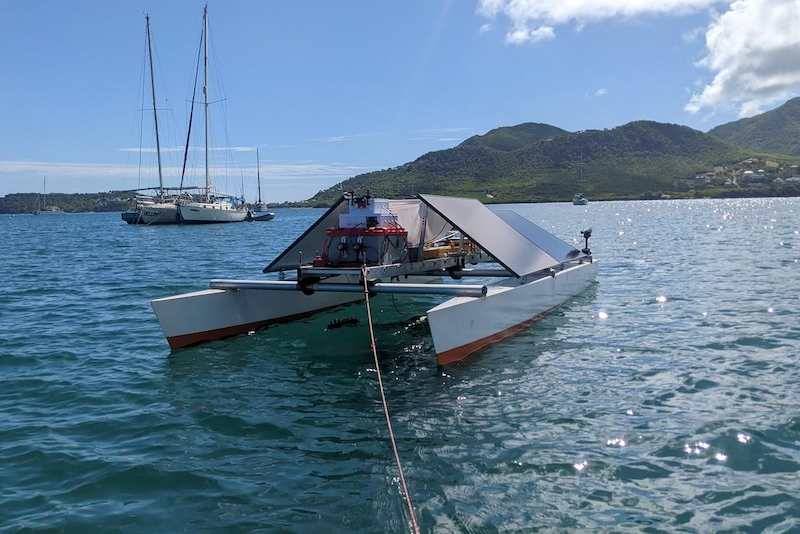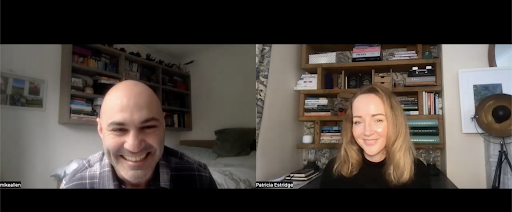Undercurrents: February 2024
Seaweed Generation's roundup of company news and perspective on all things climate.

Blythe Taylor, Chief of Staff
Here we go again. February looks set to break yet more temperature records with persistent sea-surface temperature (SST) increases that scientists are struggling to explain. While the combined impacts of El Niño and climate change were expected to drive temperature rises on both land and sea, the rate of acceleration in our oceans is causing significant concern. “Since 31 January, the daily SST for 60°S–60°N has reached new absolute records.”
Marine heatwaves made the headlines last year, and UK waters were a particular hotspot, with sea surface temperature in the North Sea a staggering 5°C higher than average during June 2023. The repercussions this has on ecosystems should not be underestimated; with our own seaweed lines up in Mull, SeaGen saw the impacts of this firsthand. Changes in biofouling patterns meant snails, sea mat and mussels appeared much earlier in the season, and bleaching of our Dulse seaweed trials was also in evidence.
Monitoring these impacts, the ocean environment, and biodiversity is absolutely essential if we’re going to understand and take informed action when it comes to our changing climate. It’s a subject close to our hearts, and a focus of discussion in this month’s podcast with co-founders Paddy and Mike. Understanding our blue planet and the often inhospitable environment it represents is a challenge. At SeaGen, we’re developing a suite of robotic technologies that are going to provide the data we so desperately need. We recognise our oceans and waterways are the linchpin for a sustainable future, and we’re building the sensor systems and data platforms that will allow responsible and thoughtful advancement.
It’s an exciting time for us. As Paddy and Mike discuss, Seaweed Generation has come a long way in the last three years. From those first conversations recognising the potential of seaweed - it’s wonderful carbon absorbing properties, and ecosystem generation, to seeing the AlgaRay, our first seaweed intercepting robot feature last month on BBC Click. The journey has not been without its challenges, but what’s clear is that taking action is a much needed first step. The latest stats and climate predictions can be hard to stomach, but the work we do day-to-day leaves us optimistic. That’s not to say we’ve got all the answers, but being part of the conversation is enough to leave us hopeful.
Progress and Press

The New Ocean Cleanup Crew: Seaweed-Sinking Robots

By Ruscena Wiederholt
Our Chief Science Officer Mike Allen talked to Ruscena about the potential role for SeaGen’s AlgaRay in the battle against Sargassum inundations across the Caribbean and Florida.

With co-founders Paddy Estridge and Mike Allen